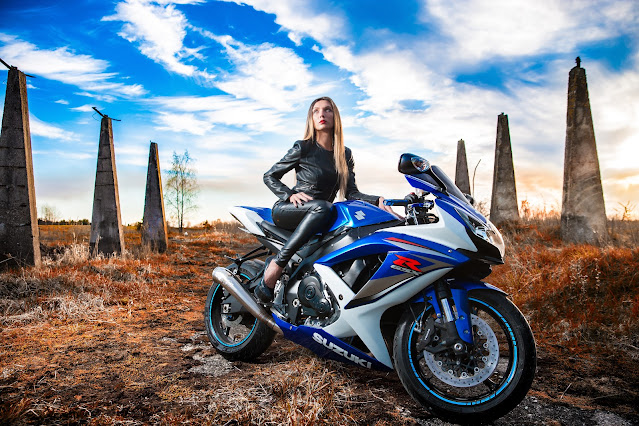Four of Japan's leading motorcycle
manufacturers announced on Wednesday their collaboration in the development of
hydrogen-powered engines. Honda, Kawasaki, Suzuki, and Yamaha will establish a
dedicated research and development organization next month, aligning with
Japan's commitment to promoting hydrogen as a clean energy source. The aim is
to introduce these engines in two-wheelers and other forms of transportation in
the future, responding to increasingly stringent regulations on
gasoline-powered vehicles and the global trend towards electric vehicles.
Unlike all-electric models, Japanese motorcycle makers are keen
on exploring hydrogen as an alternative option that can be integrated into
their existing engines. The potential of hydrogen as a next-generation clean
energy source is enormous, according to Yamaha President Yoshihiro Hidaka, who
expressed his optimism during a press conference. In addition to the four
motorcycle manufacturers, Toyota Motor Corp., which has been involved in the
development of hydrogen engine cars, and Kawasaki Heavy Industries Ltd., with
expertise in liquid hydrogen transportation, will also participate in the
organization as special members.
The newly formed organization, named the Hydrogen Small Mobility
& Engine Technology Association, plans to invite manufacturers from the
United States and Europe to join their efforts in promoting hydrogen-powered
vehicles worldwide. In addition to motorcycles, the association is exploring
the possibility of incorporating hydrogen engines into mini vehicles, small
boats, and drones.
Currently, there are no hydrogen engine motorcycles available
globally due to the technical challenges involved in constructing such
vehicles. Hydrogen is more flammable than gasoline, and two-wheelers have
limited space for engines and fuel tanks. However, the association intends to
collaborate on fundamental research for hydrogen-powered engines, leaving each
company to independently decide on the development of commercial products.
Despite the rapid adoption of electric models in recent years,
Yamaha's President Hidaka emphasized the importance of having a diverse range
of green vehicles to effectively reduce carbon emissions. The collaboration
among these motorcycle manufacturers signifies their commitment to exploring
innovative solutions and advancing the development of clean energy technologies
in the transportation sector.

Related Article:





Comments
Post a Comment